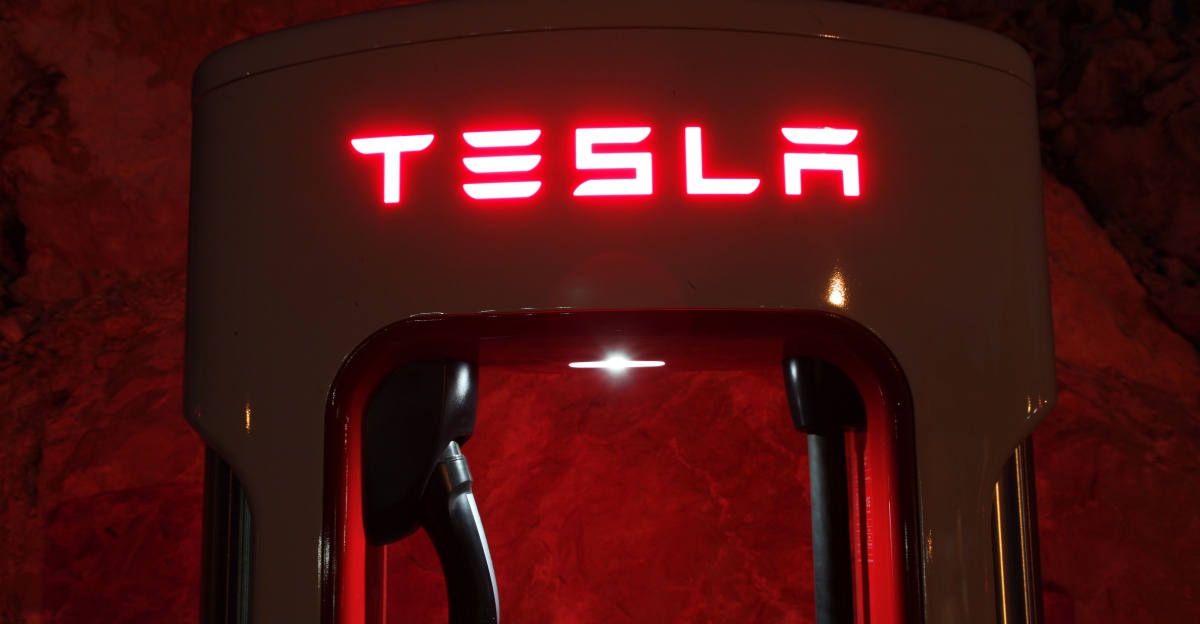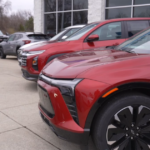After years of relying on the same vehicles, Tesla’s refusal to release new designs is raising doubts about whether its car business can keep pace with faster-moving rivals.
After years of relying on the same vehicles, Tesla’s refusal to release new designs is raising doubts about whether its car business can keep pace with faster-moving rivals.
Tesla’s 2017 Model 3 and later the Model Y made electric cars mainstream, turning Elon Musk’s company into the world’s most valuable automaker.
Since then, Tesla has launched only one new model — the Cybertruck — and it has struggled to find commercial success.
Musk now appears more invested in self-driving taxis and humanoid robots than in updating Tesla’s traditional vehicles.
Plans for a $25,000 “budget” Tesla were scrapped, and the long-delayed Roadster supercar remains a prototype eight years after its reveal.
Experts warn that neglecting new launches could slow Tesla’s growth as competitors flood the market with fresher, cheaper electric cars.
Tesla hasn’t fully reworked a model in nearly two decades, while most automakers refresh designs every eight years or less.
Musk treats cars like iPhones — products that evolve through software updates rather than visible redesigns.
Consultants say Tesla’s minimalist approach keeps costs low and margins high, appealing to customers who care more about tech than looks.
S&P Global data shows Tesla’s repeat-buyer rate fell sharply last year and recovered only after major discounts and incentives.
Sales dropped 6 percent this year and profits 37 percent as tariffs rose, R&D costs climbed, and key U.S. tax credits expired.
Chinese brands like BYD now launch new models every two years — a speed that could leave Tesla paying the price for standing still.
This article is made and published by Asger Risom, who may have used AI in the preparation
Horsensvej 72A
Vejle 7100












